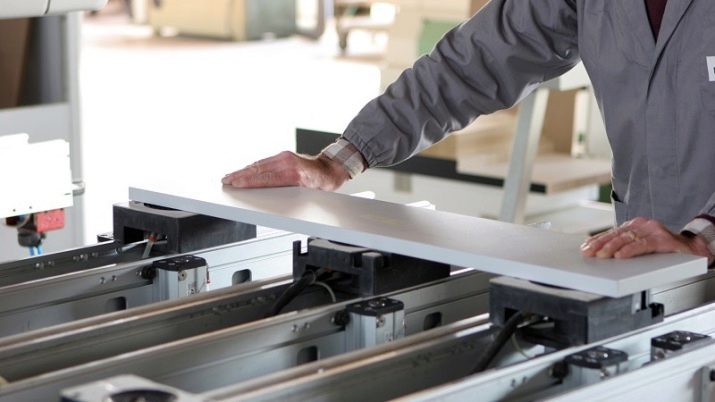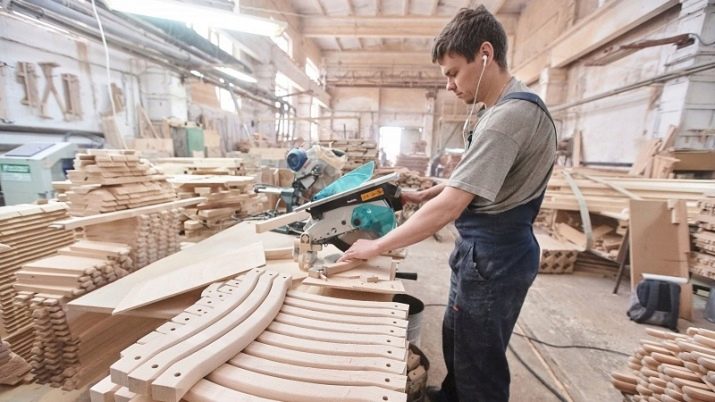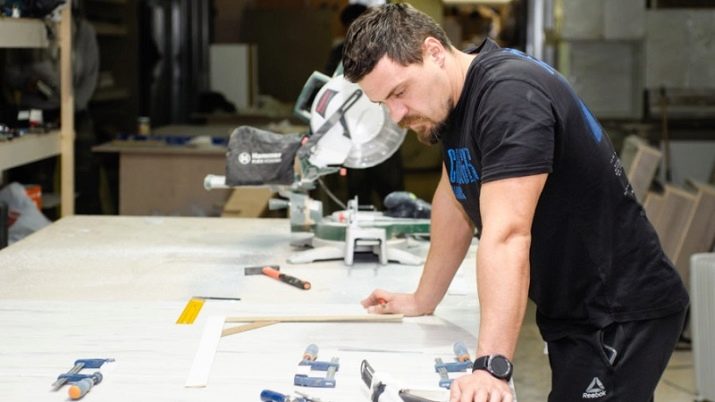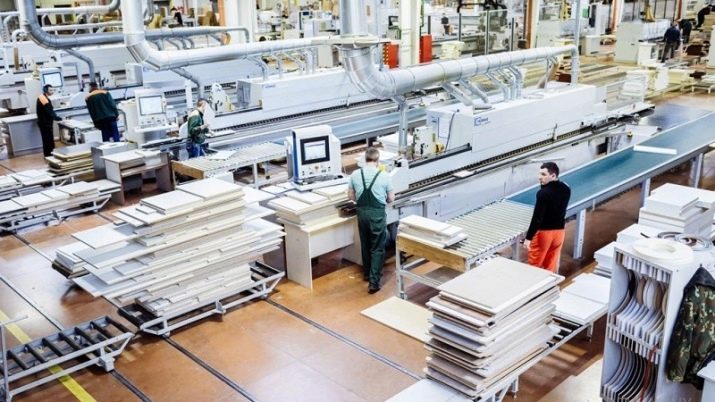All about the profession of a technologist of furniture production

Sofas and chairs, cabinets and tables only seem to be something simple that can be done simply by specialists in ready-made schemes. They are working on furniture production technologists... It's time to learn everything about the profession and find out what its nuances are.
Peculiarities
A furniture production technologist is somewhere in the middle between technical and humanitarian specialties. In this profession there are both strictly verified algorithms of activity and a wide scope for creativity. No wonder one more specialist is involved in the creation of upholstered and cabinet furniture - designer-technologist... But you will have to think about the functionality and convenience of the manufactured product, about the selection of materials. Most often, the specializations of a technologist and a designer are separated, and yet these specialists work in close conjunction. Technologist:
- takes into account the recommendations, wishes of customers;
- converts "pretty pictures" into full-fledged drawings;
- finds the optimal balance between design and practicality;
- also takes into account the real possibilities of the production department.
It should be understood that there is no strict border between a technologist and a designer of furniture production. Each company has its own rules and gradations. The larger the firm, the higher the specialization of the performers in it.
On the other hand, small structures tend to tend to hire a “clean” designer rather than a full-fledged technologist. He works with design only at one stage of order execution, which is a gross mistake.

Responsibilities
The job description of a furniture production technologist states that he:
- must comply with regulatory and technical documents;
- thinks over the design that is optimal from an aesthetic, practical and economic point of view;
- works out the prospects for further improvement of furniture;
- determines how to use equipment, raw materials, components and working hours most productively;
- skillfully uses computer-aided design systems;
- determines the order of assembly and other working operations;
- recommends optimal layouts for equipment;
- increases the manufacturability of manufactured products;
- prepares technological maps, instructions and other documents required for work;
- coordinates prepared documents with other structures;
- prepares programs for numerically controlled machine tools;
- helps to patent advanced designs.

Knowledge and skills
A furniture manufacturing technologist should be aware of not only regulations and orders of the management. He must study designs of products and their components, which have already been mastered by production before him. It is highly desirable to study the same nuances from competitors' products. Necessary understand the equipment used, the principles of its operation, working tolerances and load level, operating conditions.
Additionally, in the production of both soft and hull samples, it is necessary to master:
- technical characteristics of the best domestic and imported furniture samples;
- technical conditions, standards;
- types of marriage and methods of dealing with it;
- the procedure for patent research;
- analysis of the technical level of other developments;
- fundamentals of inventive skills;
- foundations of the scientific organization of labor;
- the economy of the enterprise;
- the economy of the furniture industry;
- labor protection requirements.

Education
Furniture production technologists are trained by:
- ANO DPO "St. Petersburg University of Professional Development and Professional Retraining";
- Voronezh Forestry University named after Morozov;
- Ural Forestry University;
- Pacific State University;
- Bryansk Engineering and Technological University;
- Siberian University of Science and Technology;
- Kazan NUST.
Where does it work?
Of course, furniture production technologists work first of all in factories and factories of the relevant industry... But individual specialists of this profile can even get a job large trading company, which does not have its own production facilities. This allows the firm to formulate its orders more clearly and better represent the capabilities of the manufacturers. Also, some people succeed become experts (including litigation) for furniture and furniture production.
When choosing the main specialization, you can either move to larger firms or open your own enterprises, or take up management positions.









